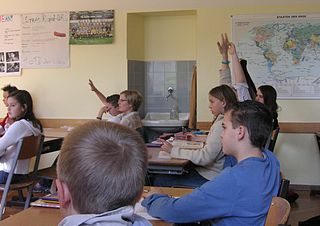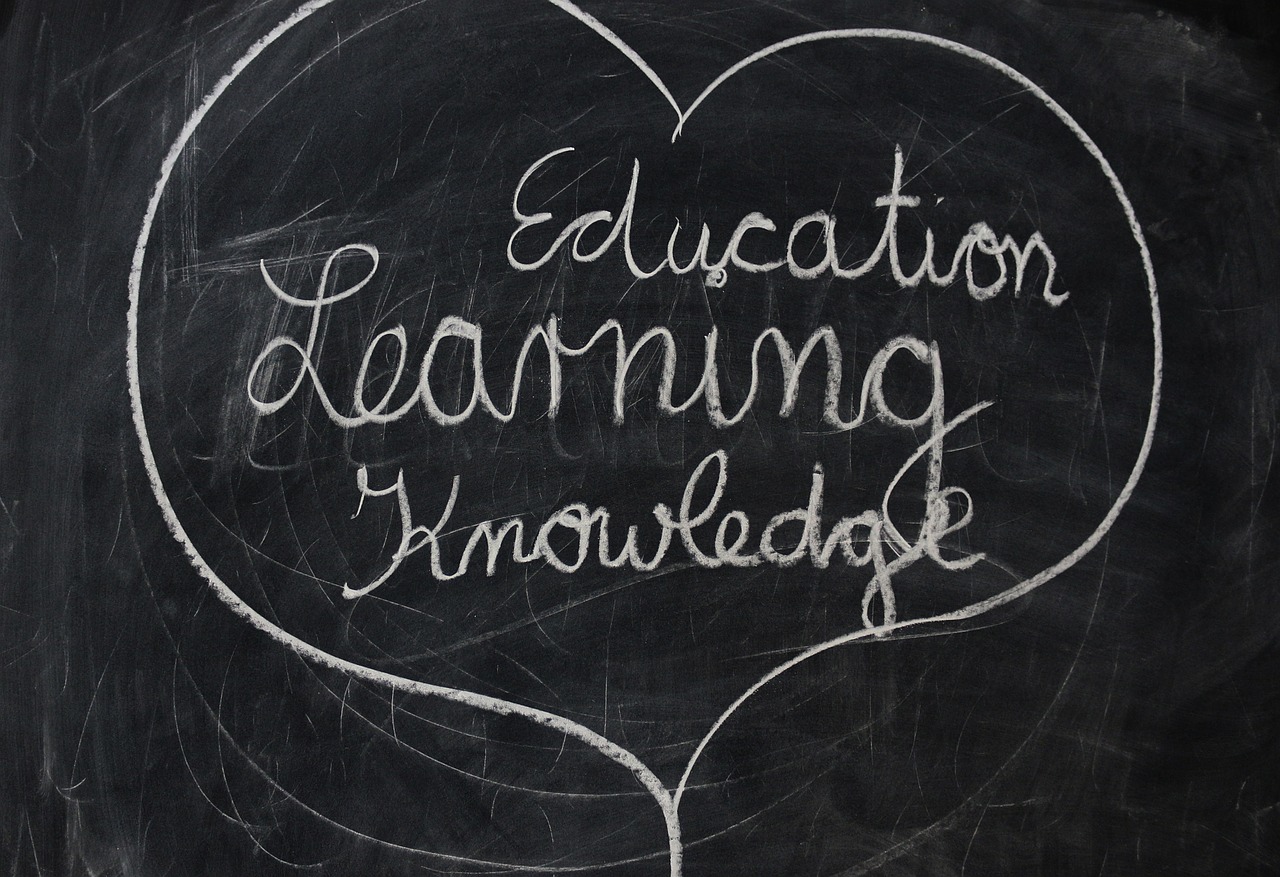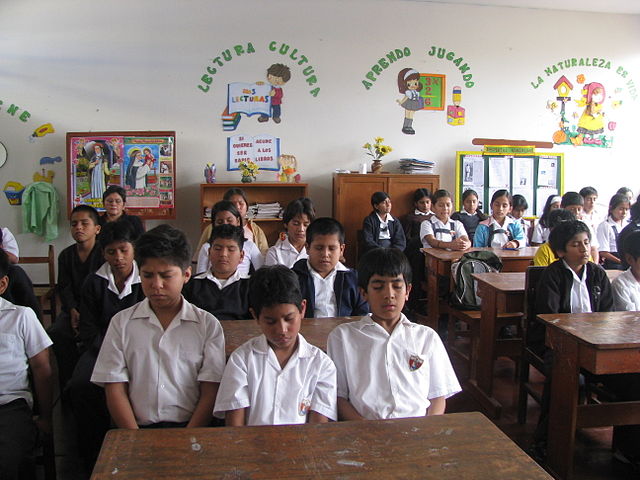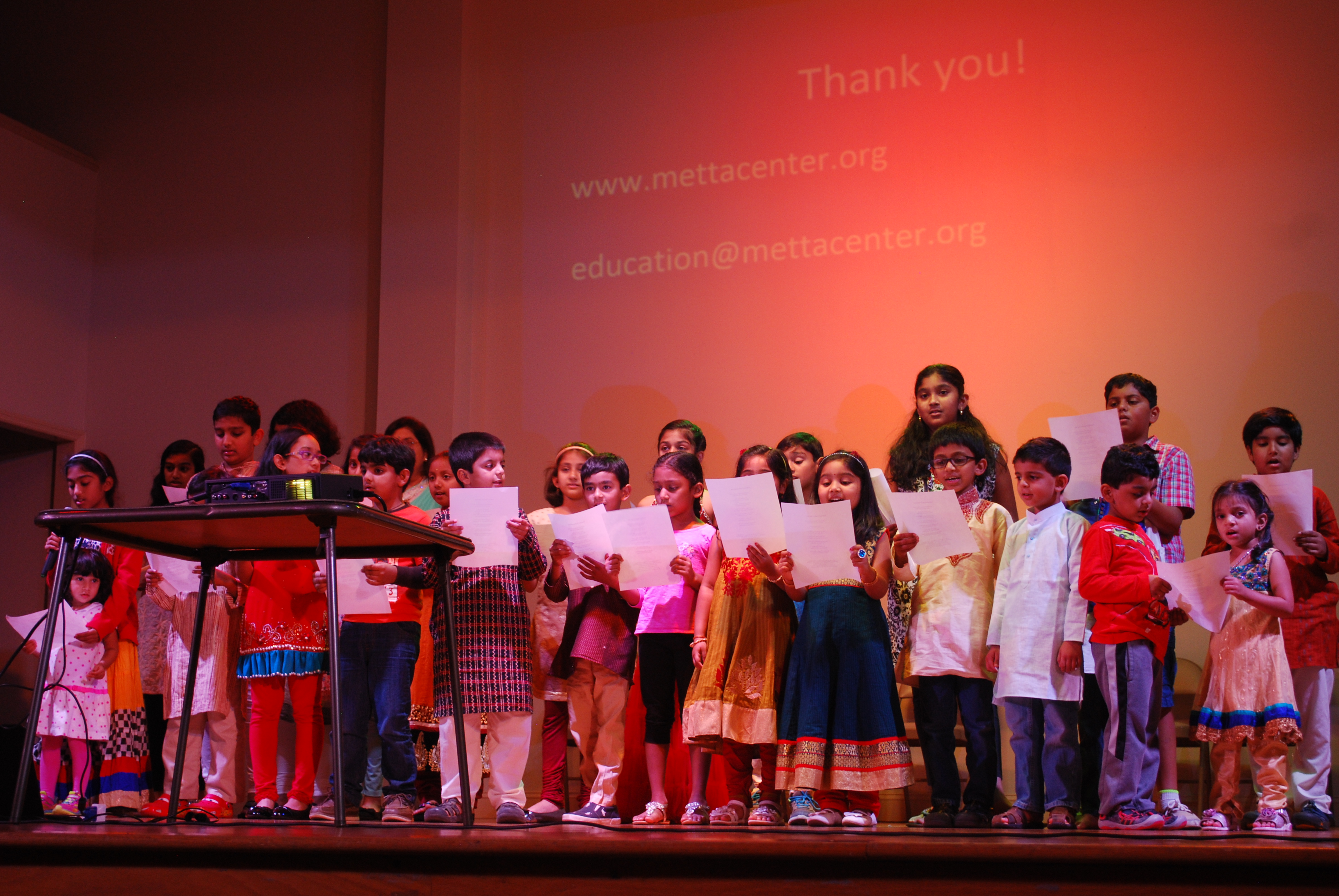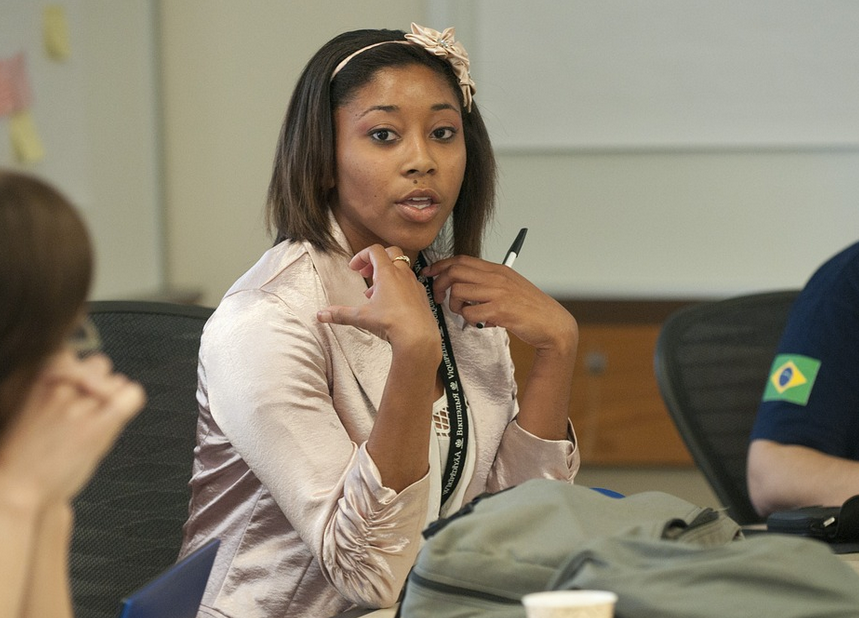
This will be a two-part blog post. In this first part, I focus on preparation for holding a difficult conversation about poverty, and in the second, I will clarify how restorative practices might help facilitate a conversation about poverty and what to do to address poverty. In an earlier post about addressing misconceptions often made… read more







